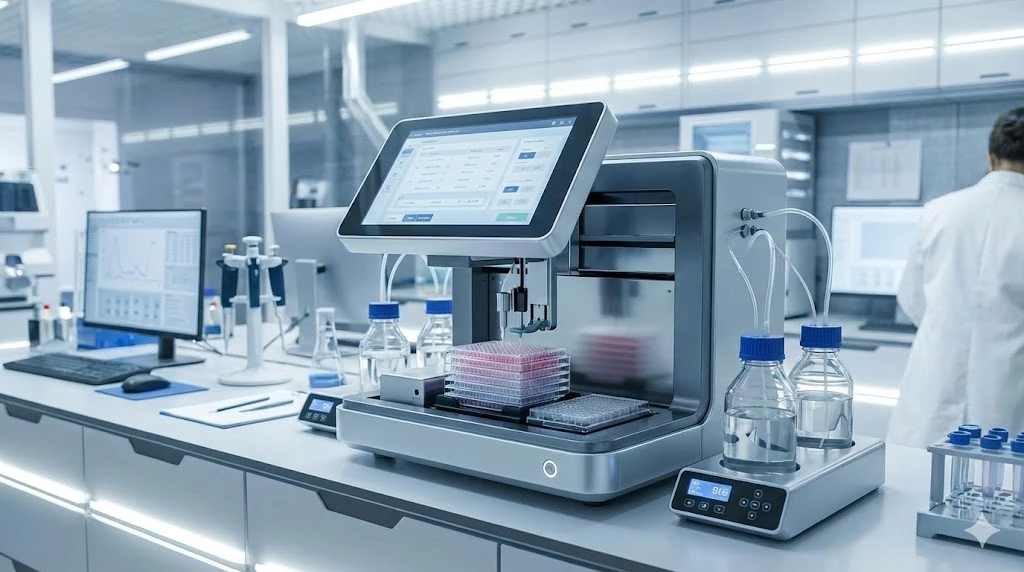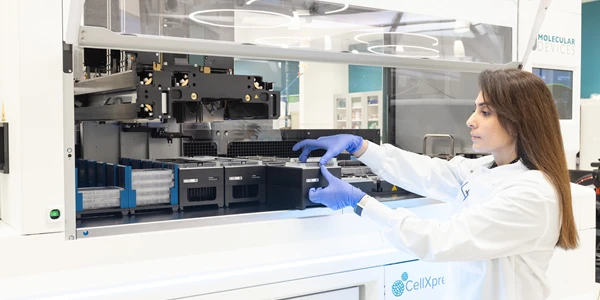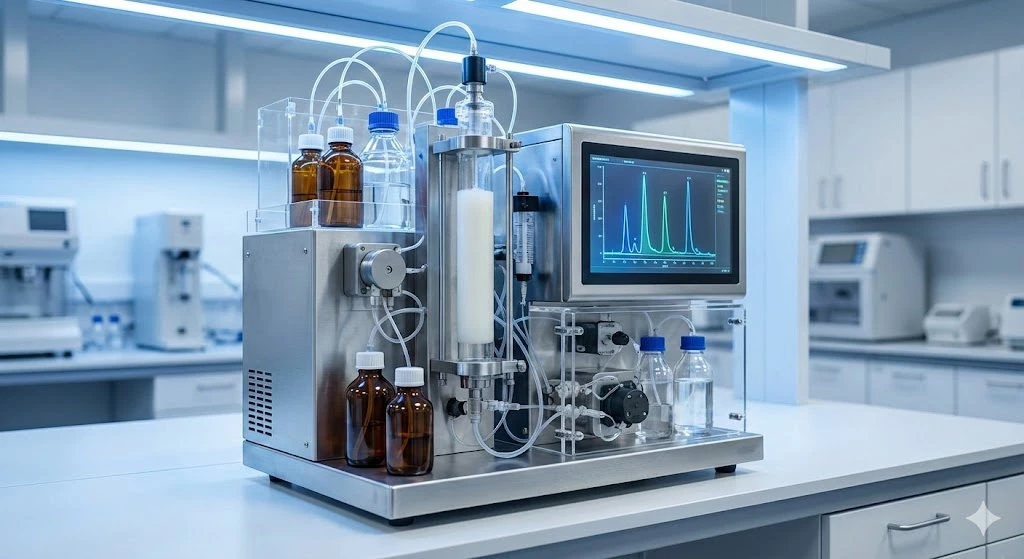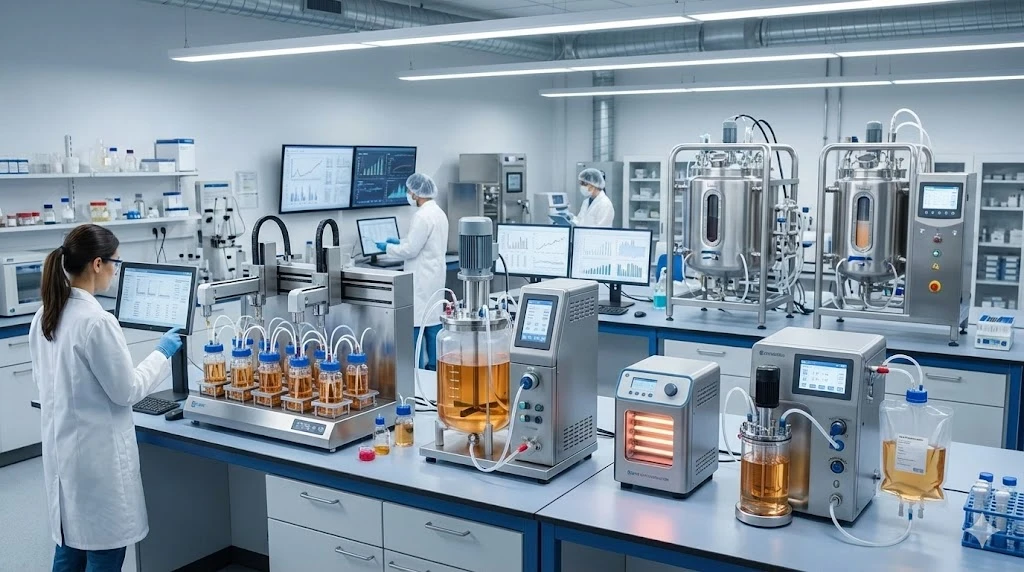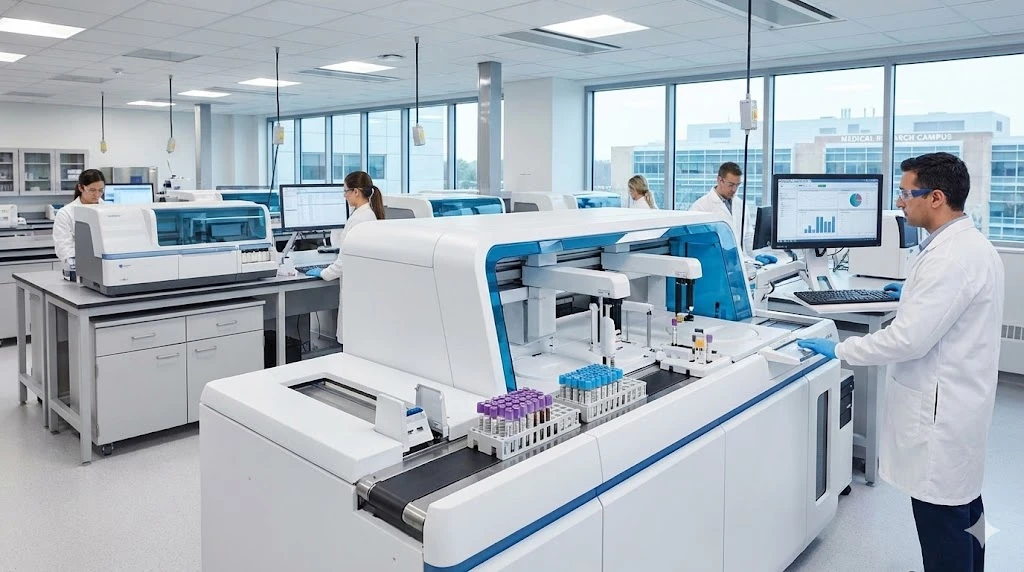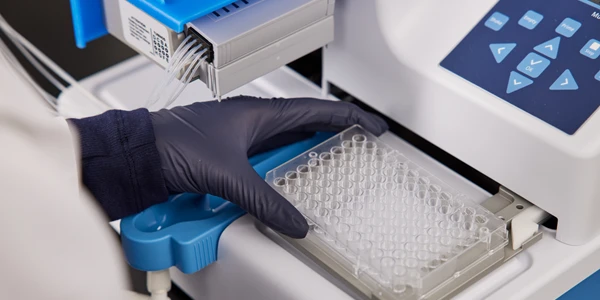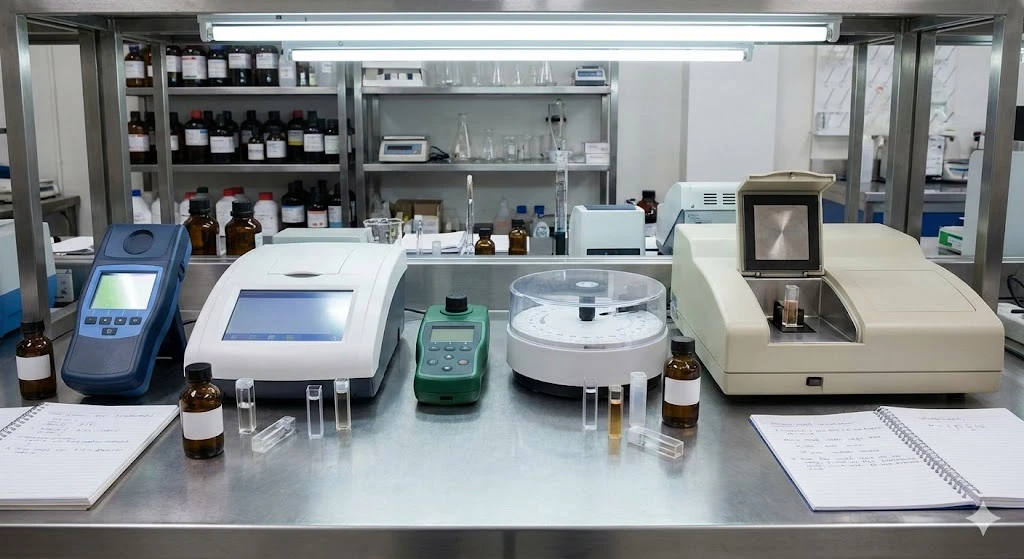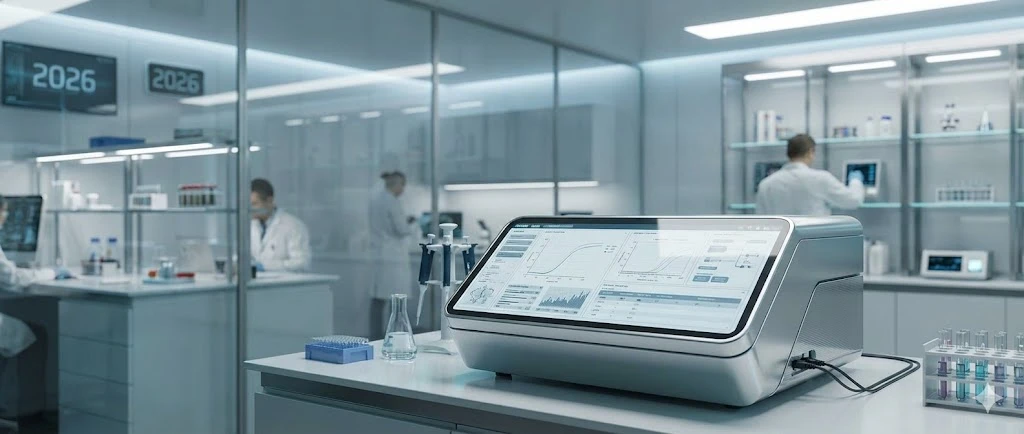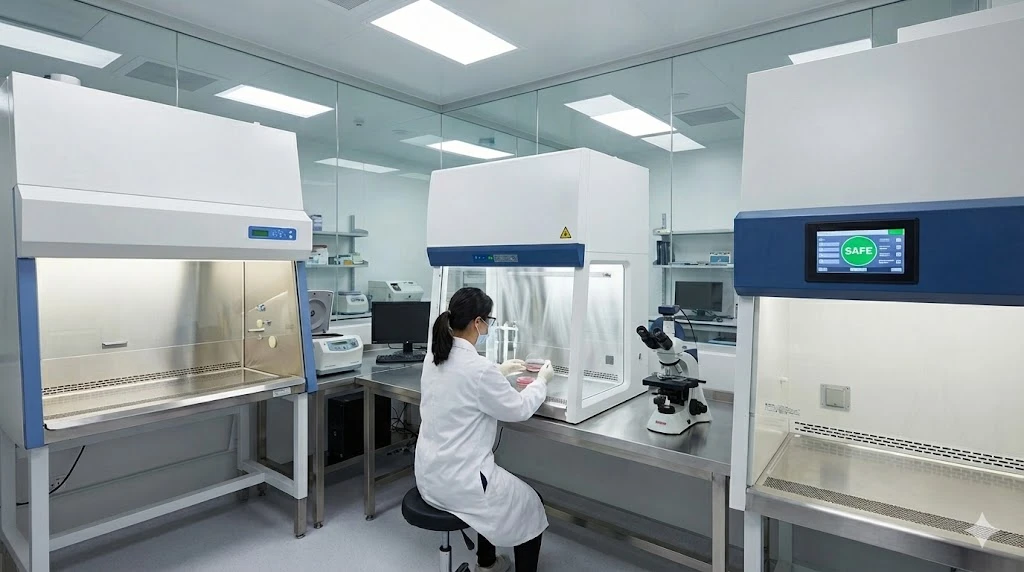Ongoing Research and Product Innovation as the COVID Battle Rages On
As SARS-CoV-2 virus shifts strategies, new products and technologies step up to the challenge
The Covid pandemic has been historic. So have the efforts behind the research and technology development aimed at beating the disease. We’ve mentioned many key developments, from diagnostic innovations, to vaccine development essentials, and numerous instrument advancements, along the battle lines of this fight.
The pandemic war is far from over, however, despite early victories. As the virus adapts to find new niches, so must the weapons used to counter this plight. Here are a few new research and product developments.
Edible COVID Vaccines
By now, most people are familiar with the mRNA vaccines and perhaps enlightened to how they work. The mRNA technology has become highly successful to the point that numerous clinical trials (some started prior to the pandemic) are underway for the treatment of a range of diseases from HIV to Cancer. This may indeed signify a paradigm shift in the way, not only infectious diseases, but diseases in general are countered with vaccines.
In the case of COVID, critical mileposts in mRNA vaccination have included methods of vaccine production and storage, as well as routes for safe and effective dosage of patients. Manufacturing and storage logistics will continue to be big issues, beyond the current pandemic and for future outbreaks. Receiving a vaccine by needle will always be a potential issue for vaccine compliance, no matter the disease.
New research is exploring the use of edible plants as mRNA vehicles for vaccines. These readily supplied and easily consumed alternatives to current vaccines may offer the bonus advantage of prolonged shelf life and storage. Scientists at University of California Riverside are looking at lettuce and other chloroplast-containing plants for their ability to make mRNA specific for vaccine targets. This work leverages the findings that chloroplasts can express foreign genes and produce stable mRNA. A trick to this phenomenon is the ability to effectively shuttle foreign DNA into the chloroplasts themselves. This is where advanced nanoengineering comes into play. Engineered plant viruses, nanomaterials, and other modes of entry are being explored, work that may translate to a host of plant-based technologies for range of applications such as biofuels.
COVID Variant Antibody Detection Kits for ELISA
Despite the advent of effective vaccines in 2021, the pandemic rages on – rapidly spreading through the unvaccinated population. The emergence of virus variants, some of which (such as the delta variant) having acquired mutations that confer increased rates of transmission among hosts, presents a significant challenge.
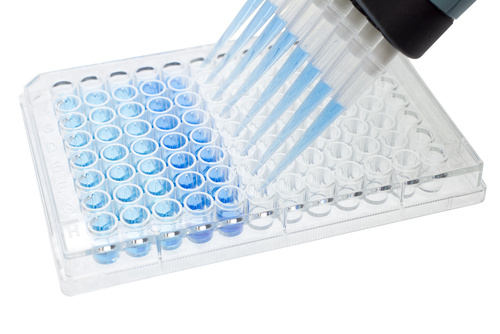
On the research side, many companies have stepped up with new products to address these variants and help in the development of countermeasures.
- To gain an understanding of the immune response and the effectiveness of vaccines against variants such as delta, it is paramount to measure neutralizing antibodies produced by the body.
- Companies such as AdipoGen Life Sciences have produced neutralizing antibodies detection kits to assist with measuring the presence of antibodies in human serum or plasma that block binding of the SARS-CoV-2 variant spike protein to the ACE2 host receptor.
- Such detection reagents are optimized for use in competitive ELISA analysis.
This solution is part of a catalog of reagents and kits, such as recombinant virus proteins, offered to fortify research efforts.
COVID Variant Sequence Detection Kits
Another virus, the Mu variant has been creeping towards the center stage. Others may follow, as SARS-CoV-2 continues to evolve amidst the pandemic. Scientists realize the importance of developing surveillance methods to track this progression through the population. Moreover, understanding the effectiveness of existing vaccines and drugs towards emerging variants is paramount.
.png)
- Thermo Fisher Scientific and others have been at the forefront of developing SARS-CoV-2 sequencing and detection technologies. The Applied Biosystems TaqMan COVID RT-PCR kit was one of the initial tests to receive emergency use authorization from the FDA.
- As COVID variants have arisen, the TaqMan mutation panel has expanded to enable detection of one or more of the variant virus gene signatures.
- The latest mutation panel can now identify the Mu strain, and will likely be a key tool in surveillance efforts by labs and testing sites.
These types of technologies, which can be rather quickly updated and adapted to detect emerging variants, are essential for tracking the virus and controlling the spread.
Many more technologies and products are arising to face the ongoing challenge of the pandemic, weapons that are proving critical as we fight back this evolving disease.
Visit the LabX application pages for product listings and check out the Emerging Trends in Infectiuos Disease interactive infographic for further insight.
Photo 1 credit: https://adipogen.com/covid-19
Photo 2 credit: https://www.thermofisher.com/us/en/home/clinical/clinical-genomics/pathogen-detection-solutions/real-time-pcr-research-solutions-sars-cov-2/mutation-panel.html

